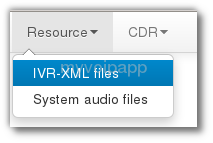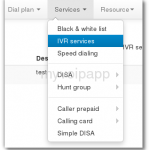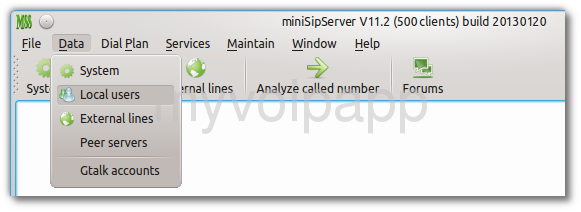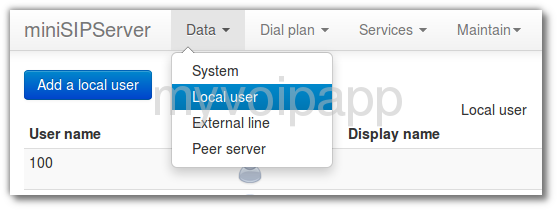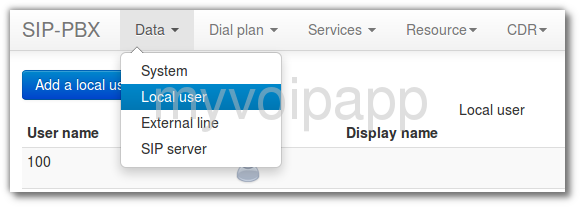MSS V10 is released and supports TTS (Text to speech) feature now. With previous versions, once we want to play announcements, we need use some tools to record audios to create a wav file, then load it to MSS. We think tt is easy but some customers still think it is complex. So TTS is coming.
With TTS feature, you don’t need to create wav files. You just need write your announcement in text, MSS will play it for you. Cool! right? 🙂
Let’s look through XML-IVR of previous MSS ‘auto-attend’ service. We can see we need indicate an audio ID to MSS to play audio.
<playaudio>
<id>0a080001</id>
</playaudio>
Now, we can change it to following:
<playaudio>
<text>Welcome, please input extension number</text>
</playaudio>
MSS will play audio “welcome, please input extension number” to caller parties automatically, we don’t need create WAV file and load it to MSS.
Please refer to IVR-XML document for more details.
BTW, V9 is reserved for Cloud-MSS.
